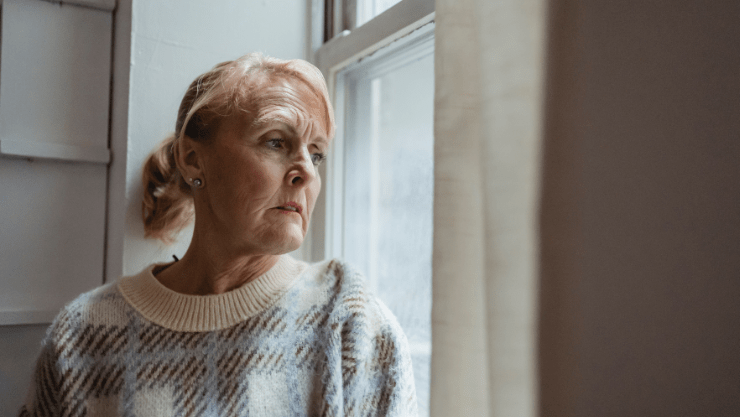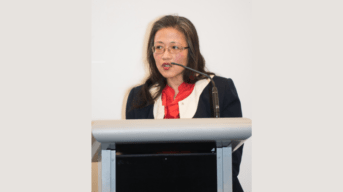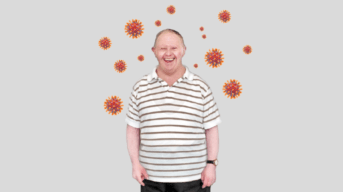
What if the family says no to getting the COVID vaccine?
Vaccination against COVID is very important for people with intellectual disability. It protects people from catching COVID. This is particularly important for many people with intellectual disability who have other health conditions or find it hard to understand and comply with social distancing and other COVID protection measures.
People with intellectual disability should be provided with accessible information and support to make their own decisions about vaccination. For people aged over 16 who can understand about vaccination, it is their decision to make.
If a person over 16 is in doubt, they can talk to their GP and other people they trust.
If a person cannot understand what a vaccination involves and its benefits, then the law in NSW says that a “person responsible” can consent for the person.
See the Person Responsible fact sheet in the NSW Civil and Administrative Tribunal’s website (opens an online PDF)
This is the same as for other medical treatment. The person responsible is usually a close family member.
But what if the family member says no to the person being vaccinated?
Unless there is a good medical reason for saying no, CID says that efforts should be made to talk further with the family. Remember that the family member may be saying no for a variety of reasons. Many families have had negative experiences with health professionals in relation to a person with intellectual disability and so find it hard to trust medical advice.
The family member should be provided with information and advice and opportunities for discussion so that they can better understand why vaccination is important and address any concerns they have about it. A service provider or advocate can take the initiative and suggest a conversation with a trusted GP.
A reluctant family member may find it valuable to talk to another parent who can speak their language about why vaccination is important.
The law also says that, for people aged over 16, the NSW Civil and Administrative Tribunal can provide consent to medical treatment such as vaccination or appoint a guardian to do this.
A concerned service provider, advocate or doctor could make an application to the tribunal and the tribunal would then have a hearing and talk the matter through with all concerned before making a decision. The person with disability should be part of this conversation and any views they have should be seriously considered.
Find out more about Guardianship Division in the NSW Civil and Administrative Tribunal’s website.
It is important to try hard to work the situation through with family before taking a matter to the tribunal. Going to the tribunal would be a last resort.
However, the person with intellectual disability has the right to good health care.
In this article, we have talked about the law in NSW but there are similar guardianship laws in other states and territories of Australia.
Find our more information about guardianship in NSW and other states and territories in The Australian Guardianship and Administration Council (AGAC)’ website.
You can read two decisions of the NSW Tribunal where it consented to vaccination of people with disability after family members had refused consent.
Go to our COVID page to find information about COVID in Easy Read.



 1800 424 065
1800 424 065 














